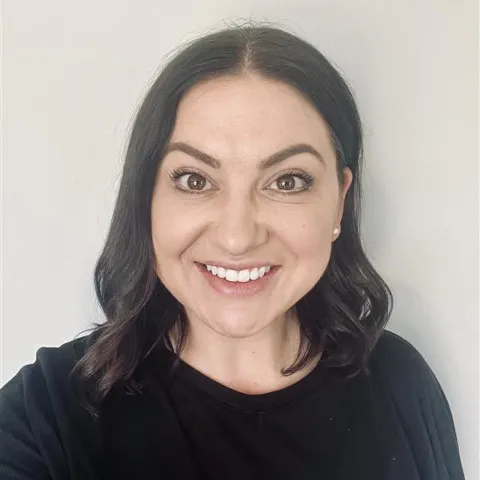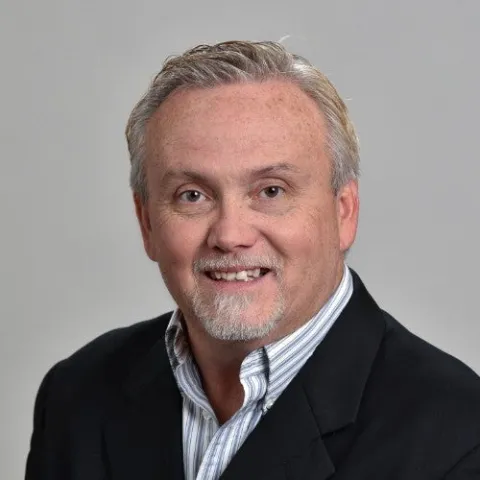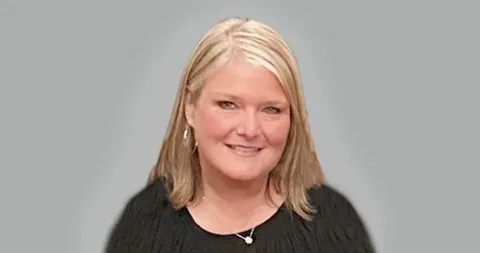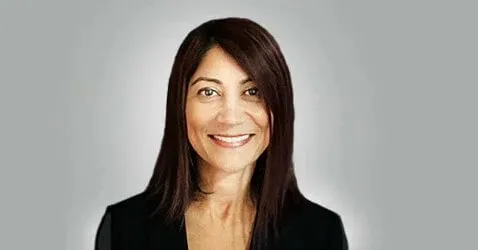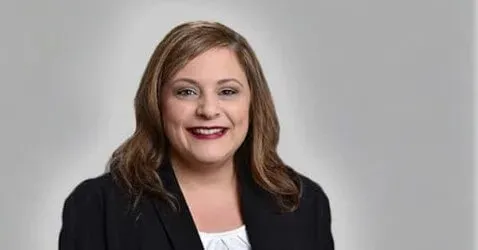Practicum placements near your community are an exciting and rewarding component of earning your Master of Social Work (MSW) degree. The experience is guided and directed by Marymount University in collaboration with your on-site practicum supervisor at the agency where you complete the required hours. You will complete 900 practicum hours, which will give you the hands-on experience necessary to become a licensed clinical social worker.
How does the practicum placement process work?
Practicum hours are guided and directed by Marymount University faculty in collaboration with your on-site practicum supervisor at the agency where you are assigned. Support to find practicum placement sites that align with your career goals is integrated into the program.
How do placement services help me?
Concurrent coursework and practicum experiences connect classroom learning with real-world experience. Practicum placements provide the 900 hours (400 foundation hours, 500 advanced hours) of hands-on social work experience required to graduate. Your Student Advisor will provide resources to help guide you in your search for a practicum placement site and will work to facilitate any behind-the-scenes paperwork to ensure you are ready to start on time.
How should I prepare for my practicum placement?
You can begin the process of thinking through what kind of site and experience you would like to gain during your practicum experience. If there are sites that you are interested in, start researching the services they provide and the type of providers they have. This will ensure that you have a better understanding of different facilities. When you meet with your Student Advisor, you can assess whether or not they are appropriate for your practicum experience.
In what types of agencies do students complete their practicum hours?
Typically, students complete their practicum hours at:
- Community centers/organizations
- Human service agencies
- Counseling and therapy centers
- Addiction and mental health treatment facilities
- Adoption agencies
- Senior care facilities, such as nursing homes
- Correctional facilities
- Hospitals/clinics
MSW Degree Career Outcomes
Our graduates emerge as ethical and proficient practitioners, equipped to deliver effective services to individuals, families, groups, organizations, and communities within their social contexts. They recognize the effect of historical, political, economic, environmental, social, cultural, demographic, institutional, local, regional, and global contexts. They are committed advocates who work tirelessly to influence policies that uphold human rights, eliminate poverty, celebrate diversity, and champion social justice. Below are examples of careers and practice settings.
Sample Careers
- Mental Health Therapist
- Substance Abuse Counselor
- Agency Executive Director / Administrator
- School Social Worker
- Medical Social Worker
- Family Social Worker
Areas of Practice / Settings
- Military
- Child Welfare Specialist
- Advocacy and Community Organizing
- Aging
- Intellectual Disabilities
- Justice and Corrections
- Policy
- Research

